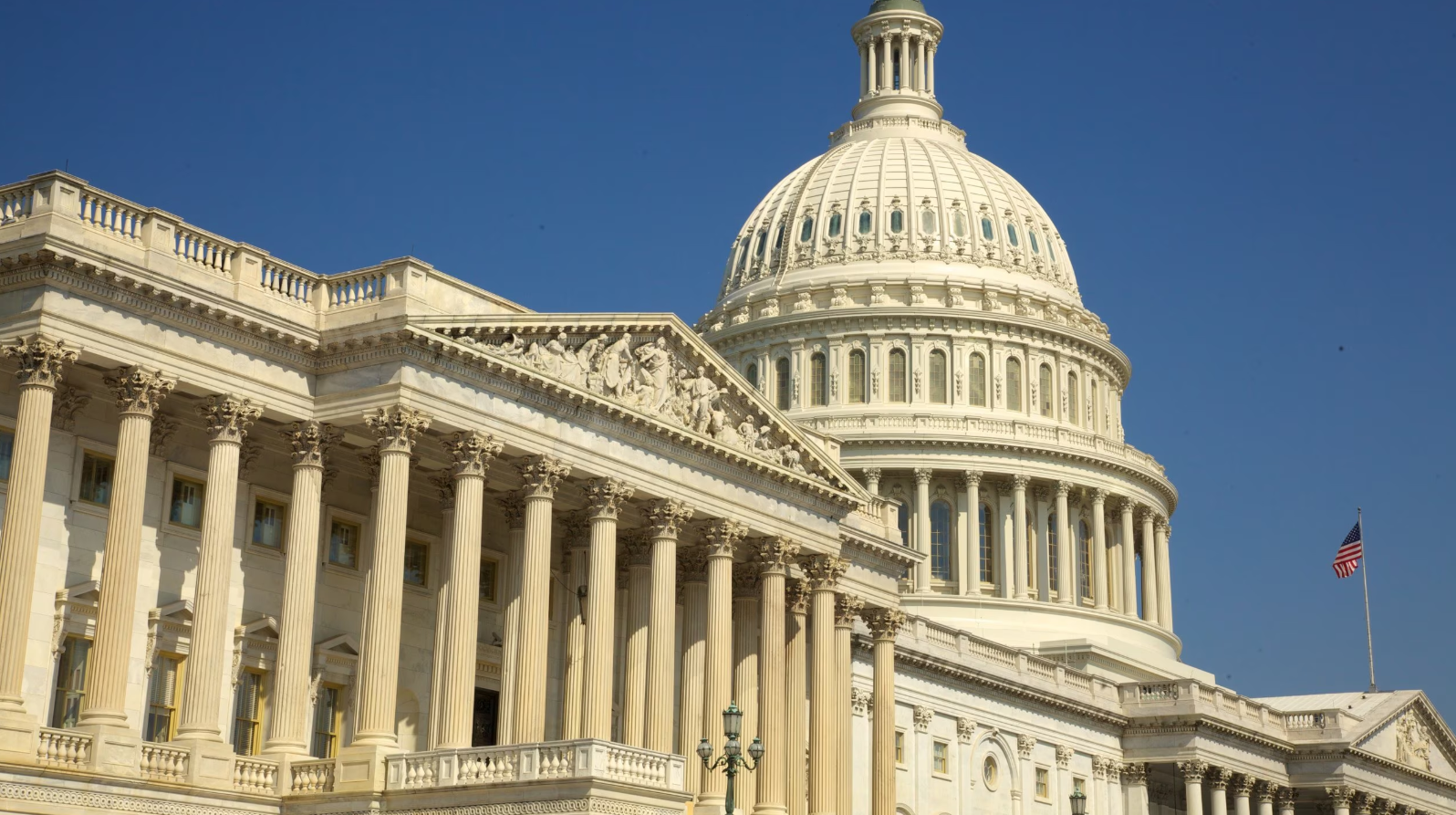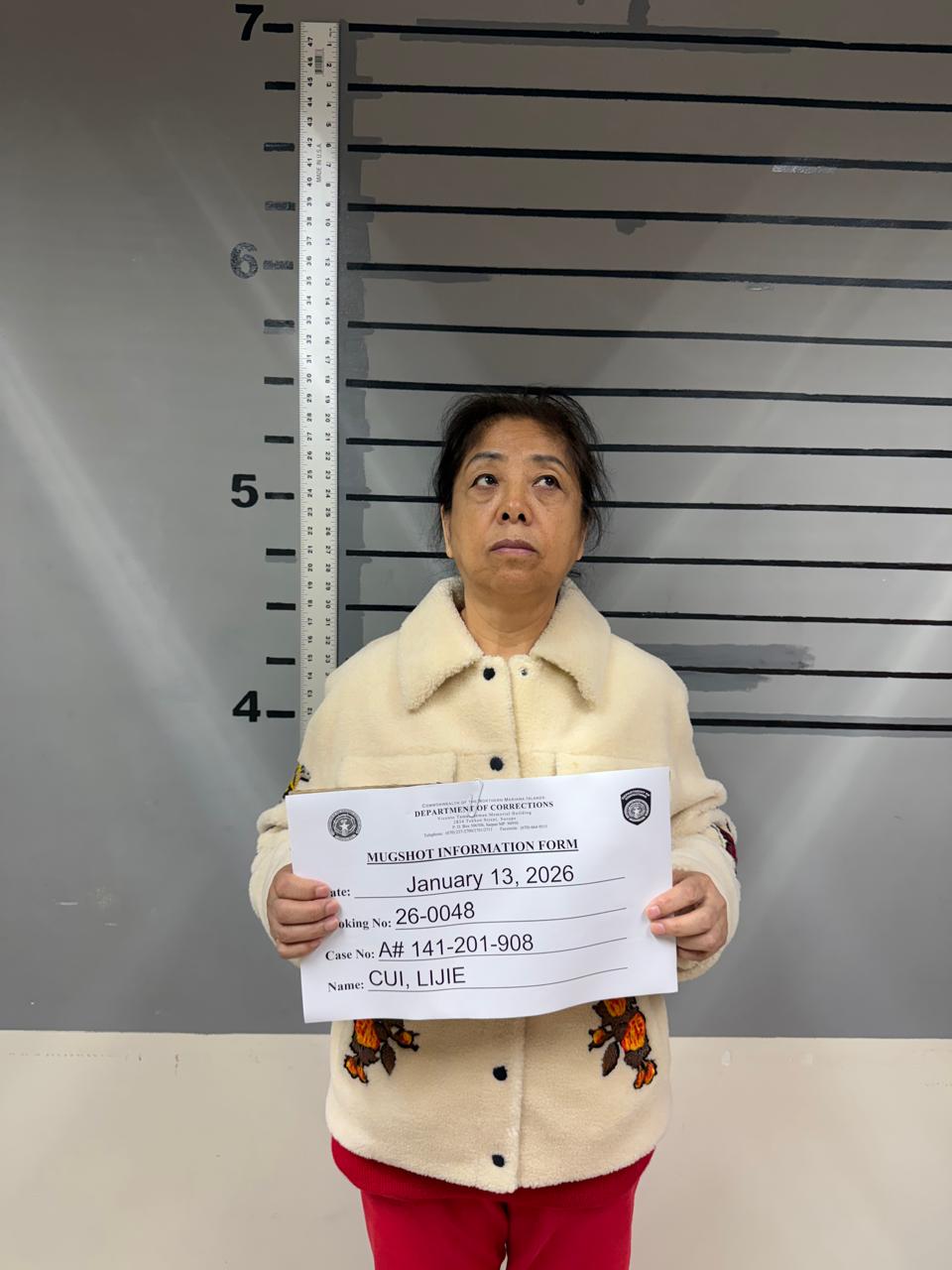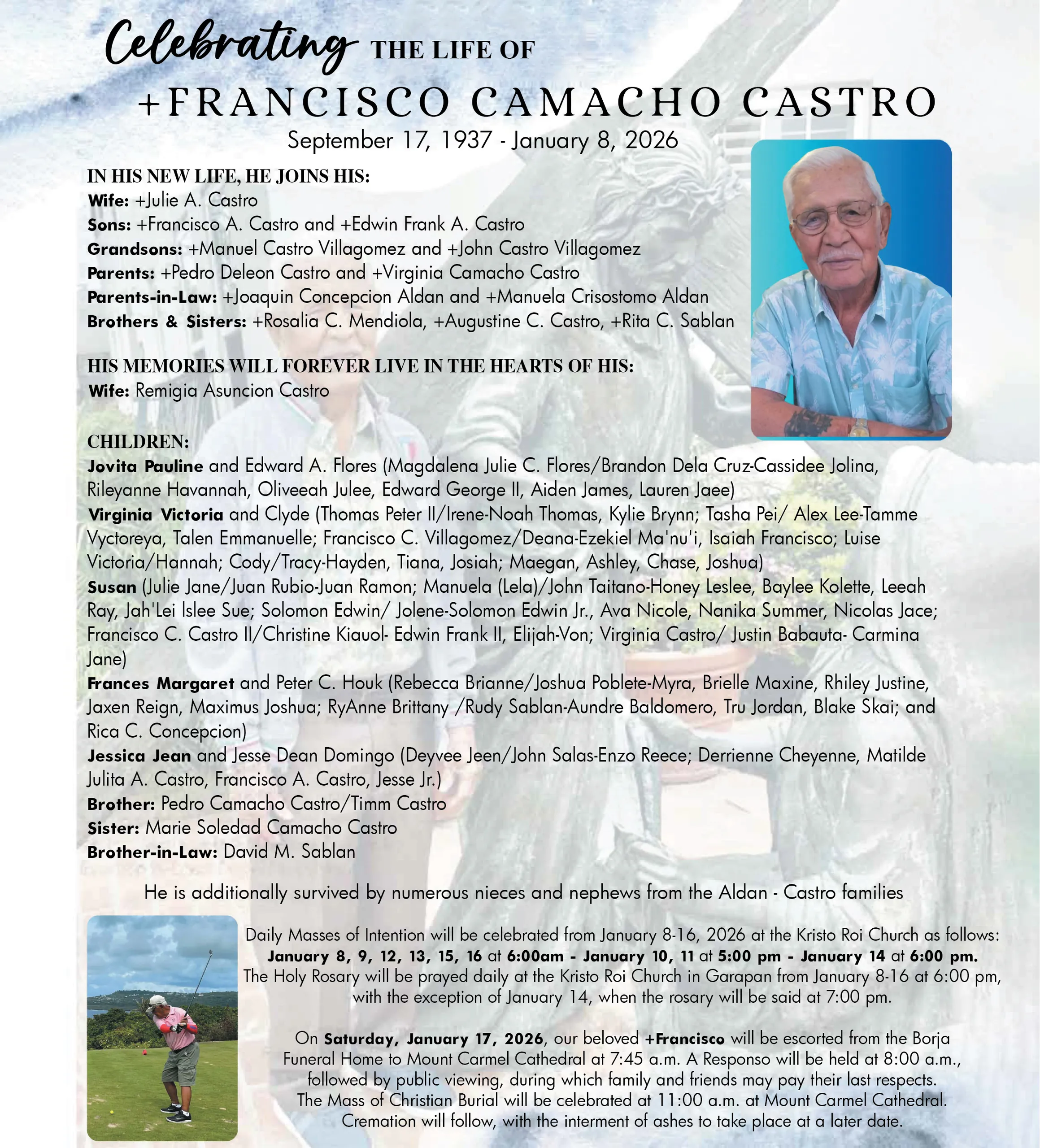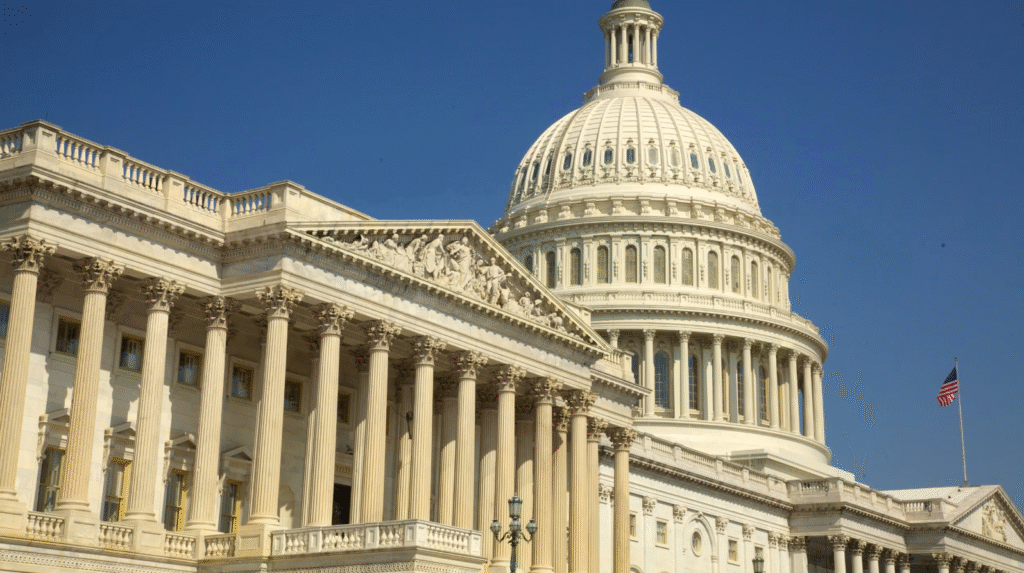
U.S. Congresswoman Kimberlyn King-Hinds said although she will do her “due diligence and explore what options exist in Congress to fulfill” the governor’s $412 million funding request, “I believe it is important that both you and the public understand the reality of the current federal fiscal climate.”
She said with “Washington actively working to cut $2 trillion in spending across all programs and agencies, securing an appropriation of this magnitude is not only highly unlikely, but also risks making the CNMI appear unserious about our own economic responsibility. We must be transparent with the public about the slim prospects for this effort.”
In a letter Tuesday to Gov. Arnold I. Palacios, King-Hinds acknowledged that they disagree over how to address the “serious economic challenges” facing the CNMI.
“From my perspective,” she said, “I see this challenge through the lens of economic activity — or more accurately, the lack of it. Businesses are struggling because there are fewer customers spending money, which means less revenue circulating in the private sector, fewer employment opportunities, and diminished economic stability for individuals and families. In speaking with business owners, they have consistently pointed to the lack of tourists as the primary factor threatening their ability to remain open, pay their utilities, retain employees, and, in tum, contribute to the tax base that sustains public services.”
King-Hinds said, to address the issue “my focus has been on restoring and expanding tourism through a multipronged approach. We have pushed the Department of Transportation to reopen scheduled air service allowances from China, urged the Department of State to mobilize American Embassies in South Korea, Japan, the Philippines, and Australia to support increased air service, introduced legislation to remove restrictions on cabotage for key regional partners, expanded visitor processing through EVS-TAP, and fought against efforts to impose new visa requirements on tourists. This is not just about China. This is about stabilizing the CNMI’s economy by increasing arrivals from multiple markets and ensuring that businesses — large and small — have the customer base necessary to survive.”
She added, “This is the approach I ran on, this is the agenda I committed to when I asked the people of the CNMI for their trust, and this is the work I will continue to pursue. There should be no surprises in this.”
She said she disagrees with the governor’s approach, which is to request $412 million from the federal government “to offset revenue losses caused by the collapse of tourism.”
The governor wants the federal government to “repurpose” over $400 million in “unused” Pandemic Unemployment Assistance and Federal Pandemic Unemployment Compensation funds allocated for the CNMI.
“Asking the federal government for emergency relief may provide short-term relief, but it does nothing to fix the structural issues that put us in this position in the first place. More concerningly, it signals that when economic downturns occur, we expect Washington to bail us out, rather than taking responsibility for charting our own path toward self-sufficiency,” King-Hinds said.
Still, she added, “this is a policy disagreement, not a personal conflict…. We need to recognize that we can disagree and still collaborate.”
King-Hinds noted that Congress is currently working to pass a Continuing Resolution or CR to fund federal government operations through September 2025.
“This CR will give the [U.S.] Executive Branch discretion to adjust funding levels across various programs, which could impact federal funding and services in the Marianas. It is our joint responsibility to advocate for continued funding for critical federal programs that serve the people of the Commonwealth,” King-Hinds told the governor.
“Protecting these programs will require both of us to speak with one voice to justify their importance and ensure accountability for their use. I am committed to working to protect these programs and to making the case for the continued funding of essential federal services, but I could use your support to do so more effectively,” she added.
According to King-Hinds, “The reality is that our over-reliance on federally funded programs demands that we do more to grow our local economy. Toward that end, I welcome the opportunity to collaborate with you on expanding air service to the CNMI and engaging in serious discussions on cabotage restrictions that continue to limit our ability to attract more international flights.”
She said in her follow-up to her ongoing requests to Secretary of State Marco Rubio and Secretary of Transportation Sean Duffy regarding air service needs, “I am preparing a letter to Secretary of the Interior Doug Burgum to request that the Interagency Group on Insular Areas … take the lead in coordinating efforts between the Departments of State and Transportation to achieve real, measurable progress in expanding air service for the CNMI. For this request, I would like to collaborate with you and co-sign the letter, demonstrating a unified commitment to addressing this urgent need.”
Additionally, she said, “I welcome the opportunity to hear your plans and ideas for the direction of the CNMI economy, particularly how Congress can best support recovery and foster the development of a stronger, more resilient private sector. The work of the federal government is most effective when local and federal elected leaders engage in open and productive dialogue, and I am eager to understand how we can align efforts to create sustainable economic growth for the people we represent.”
King-Hinds said the local economy “is at a breaking point, and the actions we take now will determine whether we move toward long-term stability and prosperity or continue a path of economic decline. The people of the CNMI deserve a government that, despite differences, can come together to produce solutions that are both realistic and sustainable.”
She said she looks forward to the governor’s response “and, more importantly, to identifying concrete ways we can work together for the good of the Commonwealth.”
Asked for comment, the governor said, “She asked for the details of our needs. She is the congressional delegate. I left it up to her to figure out the best approach and vehicle in Congress to get [the funds] repurposed or offset.”











